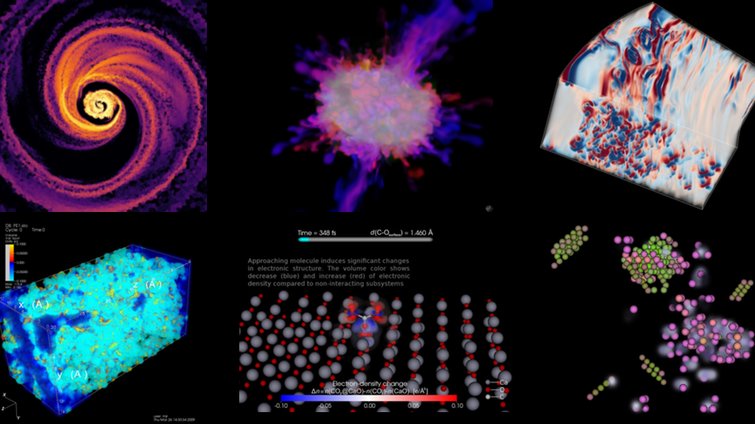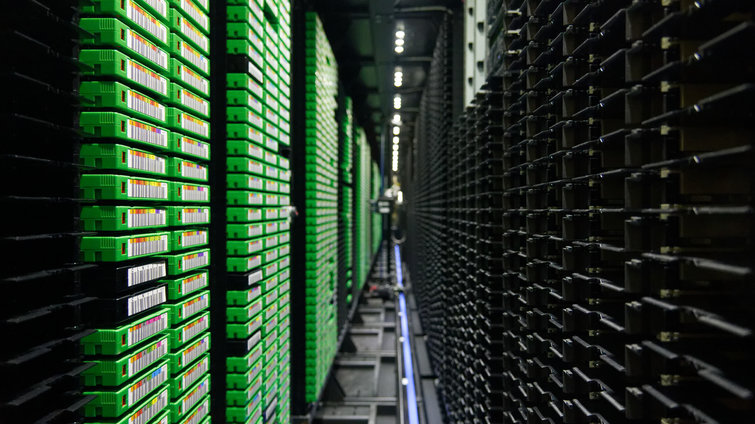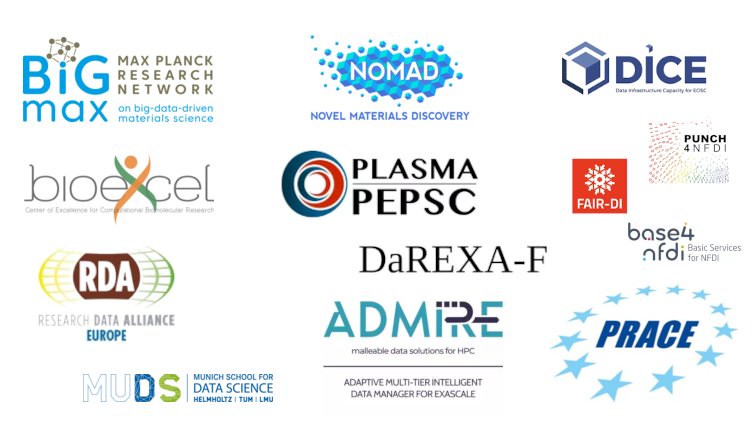Welcome to the Max Planck Computing and Data Facility (MPCDF)
News at MPCDF
News
The GPU-powered part of MPCDF’s new supercomputer Viper was successfully benchmarked and ranked high in the most recent issues of the semi-annual Top500 and Green500 lists which were released on June 10, 2025 at the International Supercomputing ...
Using supercomputers and software at the MPCDF, a team of astronomers led by Michael Janssen (Radboud University, The Netherlands and MPI for Radioastronomy, Bonn) has trained a neural network with millions of synthetic black hole data sets.
A new issue of the MPCDF computer bulletin Bits&Bytes was released. Read about the new, GPU-powered part of the HPC system Viper, a new release of the ELPA eigensolver library, new capabilities for testing for AMD GPUs in the MPCDF gitlab-CI ...
The second phase of the new supercomputer Viper of the Max Planck Society is now open for early user operation.







